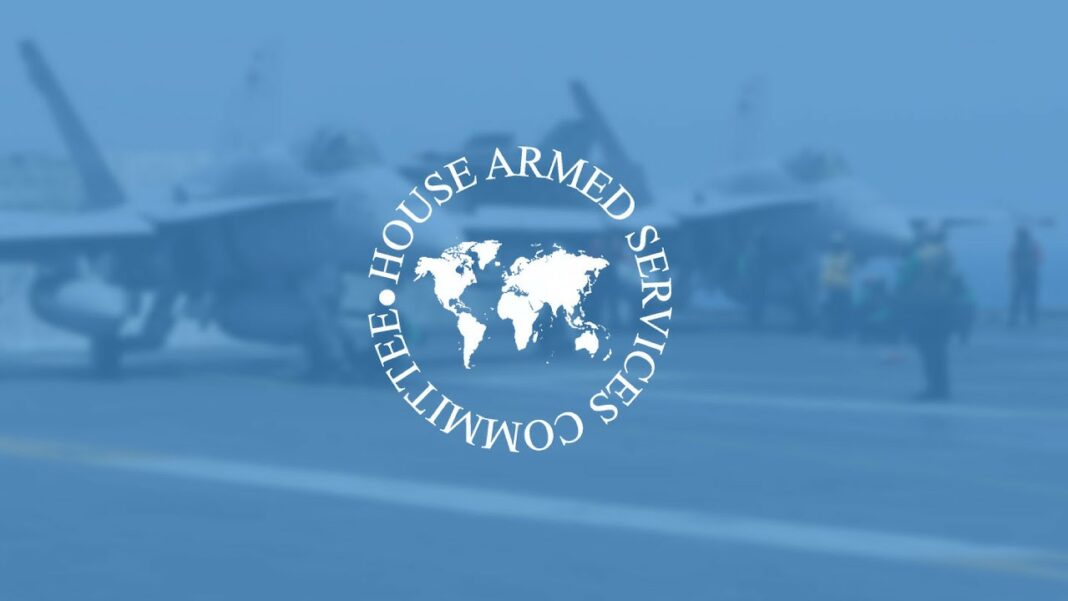Molecular biologist Dr. Richard H. Ebright, PhD is one of the twenty six world scientists who signed the Open Letter: “Call for a Full and Unrestricted International Forensic Investigation into the Origins of COVID-19”. A document released last March 4 by the Wall Street Journal and Le Monde that reignited the debate over the pandemic’s origin after the WHO-convened mission to Wuhan.
Board of Governors Professor of Chemistry and Chemical Biology at Rutgers University, Dr. Richard H. Ebright, PhD, is also Laboratory Director at the Waksman Institute of Microbiology and serves as project leader on two National Institutes of Health research grants.
Dr. Richard Ebright received his AB in Biology and his PhD in Microbiology and Molecular Genetics from Harvard University. He has more than one hundred sixty publications and more than forty issued and pending patents. He is member of the American Academy of Arts and Sciences, and a Fellow of the American Association for Advancement of Science, the American Academy of Microbiology, and the Infectious Diseases Society of America.
Dr. Ebright is a member of the Institutional Biosafety Committee of Rutgers University and the Antimicrobial Resistance Committee of the Infectious Diseases Society of America. He is also been a member of the Working Group on Pathogen Security of the state of New Jersey, and the Controlling Dangerous Pathogens Project of the Center for International Security Studies. He was a founding member of the Cambridge Working Group, which advocated for biosafety, biosecurity, and risk-benefit reviews for gain-of-function research on potential pandemic pathogens.
Dr. Ebright, you are one of the 26 scientific signers of the Open Letter that stopped the release of the WHO-convened mission Interim Report and has reopened the CoV-2 origin debate. Do you think the final report of this WHO/China joint team is going to shut down COVID origin controversy?
No.
The Open Letter explains in detail the structural and functional limitations of the WHO-China Wuhan collaborative team: exclusive Chinese field work, lack of complete access to lab installations or databases, consensus process in report making…
A credible investigation would have had Terms of Reference that: 1) Acknowledged the possibility of laboratory origin, 2) Ensured access of investigators to records, samples, personnel, and facilities at the Wuhan laboratories that handle bat SARS-related coronaviruses, 3) Enabled collection of evidence, not mere meet-and-greet photo-ops, 4) Authorized an investigation of months, not mere days. And 5) A credible investigation also would have had conflict-of-interest-free investigators, not persons who were subjects of the research and/or closely associated with subjects of the investigation.
You have said several times that this WHO mission was literally “a charade”.
Yes, its members were willing –and, in at least one case, enthusiastic– participants in disinformation.
The pre-negotiated “Terms of Reference” for the WHO study did not even acknowledge the possibility of a laboratory origin of the virus and did not even mention the Wuhan Institute of Virology (WIV), the Wuhan Center for Disease Control (CDC) or the Wuhan Institute of Biological Products.







